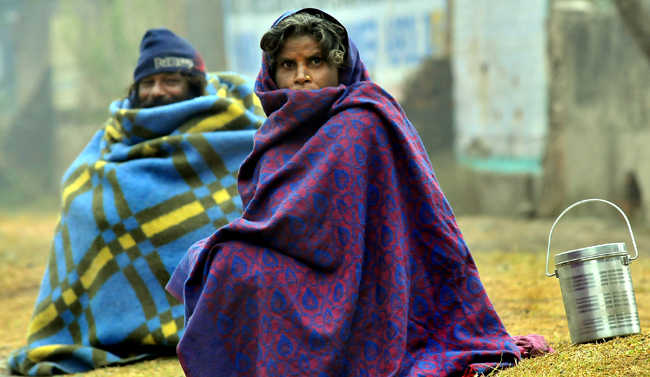
The strength of fiction lies in its ability to make us feel with the characters, no matter how different they may be from us.
Stuti Khanna
How do we look at, or think about, the 'other' lives that surround our own lives and are yet separate, different, removed from them? If not caused by absence or even distance, wherein lies the inexorable gap that separates us from them, that marks us as fundamentally, irrevocably apart? Who are these others, and what constitutes their otherness? A recent book forces us to ask this question — a question that is deeply imbricated in the way we understand and inhabit ourselves, whether as individuals, as a society, or as a species.
Neel Mukherjee’s novel, The Lives of Others(2014), opens with a spine-chilling account, made more harrowing by its matter-of-fact tone, of a starving wage labourer Nitai Das begging for food from his landlord only to be humiliated and turned away, who returns to his hut and systematically bludgeons his wife and children to death before killing himself.
The novel's strength is in the way it forges unlikely links - between those who have nothing and those who have it all, between Nitai Das’s village and the Calcutta in which the wealthy Ghosh family resides. Supratik, eldest son of the family, cannot bear the idea of eating a full meal in the comfort of his plush home once he has begun to think about, and feel with, the ‘others’ who go through life on a half-empty stomach. These others are so far removed from the life and the world that he inhabits that he, and others like him, are perhaps justified in not ever, truly, acknowledging their existence or giving them a thought. And yet, once he does, he cannot go back to being what he has always been. As his mother lovingly serves him his three-course meal, he asks her — “Don't you agree we eat too much?” Taken by surprise, she responds, “Everyone eats like this”. When he counters this by reminding her that the servants in their house don't eat like this, she is even more at a loss. “But that is how it has always been”, she mumbles helplessly.
It is in this exchange that not just the strength of this novel, but the strength of fiction — all fiction — lies. It lies in its ability to make us feel with the characters it is about, no matter how different they may be from each other and from us. We are able to recognize the mother's bafflement, understand her instinctive, inadequate attempt to justify something unjustifiable and unconscionable by falling back upon custom and tradition. After all, we see it being done all around us all the time, and have sometimes even done it ourselves. At the same time, we also recognize and understand Supratik's anger, his refusal to accept the inequality and injustice of what is universally accepted as the norm.
We see why he will — why he must —go on to leave his home and travel, at great risk, through the most deprived villages in the state seeking to mobilise villagers against landlords — to, in other words, become a Naxalite. (This is not to say that the book wholly or unreservedly condones him and the larger movement he is part of - Supratik is shown capable of monumental selfishness, and the Naxalite movement of half-baked idealism and blind spots). The book also allows us the privilege of entering Nitai Das’s consciousness, albeit briefly. We see this impoverished, starving character not as Premchand’s noble, downtrodden, suffering farmer — his nobility residing in his suffering — but as a wounded, angry, ruined man, lashing out against the world in his final desperate act.
This column does not aim to provide a book review, and will therefore not discuss the wide and varied landscape of this magnificent novel, of which the above is just a strand. What I do hope to do is initiate a conversation about the many kinds of people and lives that we have, consciously or not, chosen to make 'other' and thereby unrelated to ‘our’ lives and concerns. These others could take on many forms, different for different people. They could be, for instance, a particular religious group - Muslims perhaps. They could be people of a particular caste - the Dalits. They could be people who work in certain kinds of professions - manual scavengers, or rag pickers, or sex workers, maybe. It could be people who live on pavements or in slums. In all of these instances, we manage, somehow, to successfully divest them of individuality or person-hood so they become not much more than tokens or representatives of their class, caste, religion or profession, denied the fullness of an inner life and being that we accord to ourselves and those who are 'like us'. In almost all such cases, this fundamental othering can be traced back not to any acts of choice by individuals or groups but inheres in the mere, arbitrary fact of where they happened to be born.
If every pursuit in the world must justify its value and worth, then this, perhaps, is the value and worth of literature and reading. That it allows us the opportunity to exercise our empathy, to have the privilege of inhabiting, however briefly, other lives, other minds and other selves. To learn what it may be to step out of ourselves and become another. To be able to break out of the bounds of our small, narrow selfhoods and become many selves. It is a thing devoutly to be wished.
The writer is Associate Professor (Literature) at the Indian Institute of Technology, Delhi



























